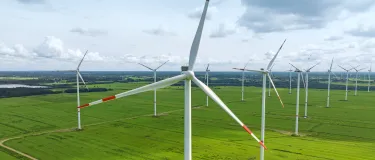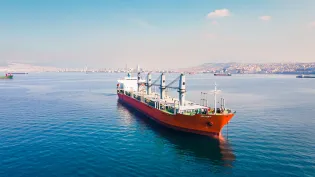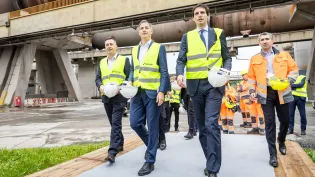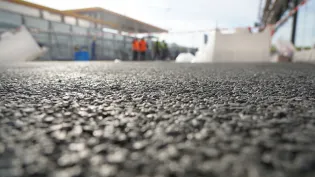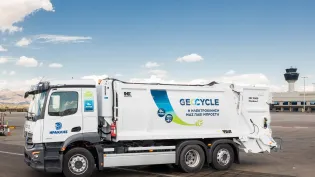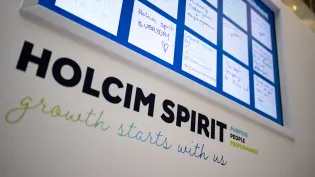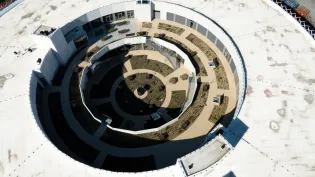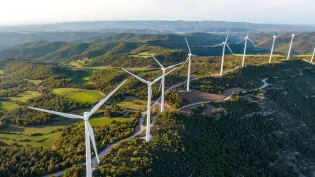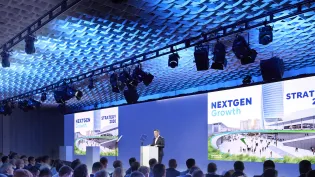EnvironmenT
A strategy that starts with a deep respect for the environment
We are on a mission to prove that zero environmental impact is possible. We are implementing water, internal waste and energy reduction projects to improve our environmental performance.
What environmental progress has Holcim made?
Air emissions
All Holcim sites are required to measure and manage air emissions resulting from cement production. The vast majority of Holcim plants operate within best practice emission ranges, and some are among the best in the sector.
Globally, we are completing the installation of the Continuous Emissions Monitoring System (CEMS) to facilitate real-time emissions monitoring of any kiln stack in the world.

Water management
Holcim considers the total impact of our operations on water resources in the communities where we operate, particularly in water-risk areas.
We take strategic action to reduce the use of freshwater within our operations, as well as the risk of water depletion or pollution. We do this by measuring our operational water footprint, assessing water risks and increasing the recycling and reuse of process water. In addition, we engage with stakeholders on sharing water and provide freshwater replenishment to water-risk communities.

Waste reduction
As a global leader in recycling, Holcim is committed to driving the circular economy and preserving nature.
We are increasing internal waste recycling and diversion from landfills in all the countries we operate in. In 2024, we recycled 10.2 million tons of construction demolition materials.
Electricity consumption
To minimize the environmental impact of our operations, we’re optimizing electricity consumption. Projects are ongoing worldwide that will convert opportunities into real energy savings.
The backbone of our initiative to reduce electricity consumption is renewable energy sourcing, optimized process planning and more efficient use of equipment and utilities.
Our Treasure Hunt digital initiative educates and brings teams together to implement both energy and water-saving methods. In 2024, it led to 1 million m2 of water and 45,000 metric tons of CO2 being saved. Leveraging this success, we enhanced the application and expanded the initiatives to cover critical risks related to health and safety.





